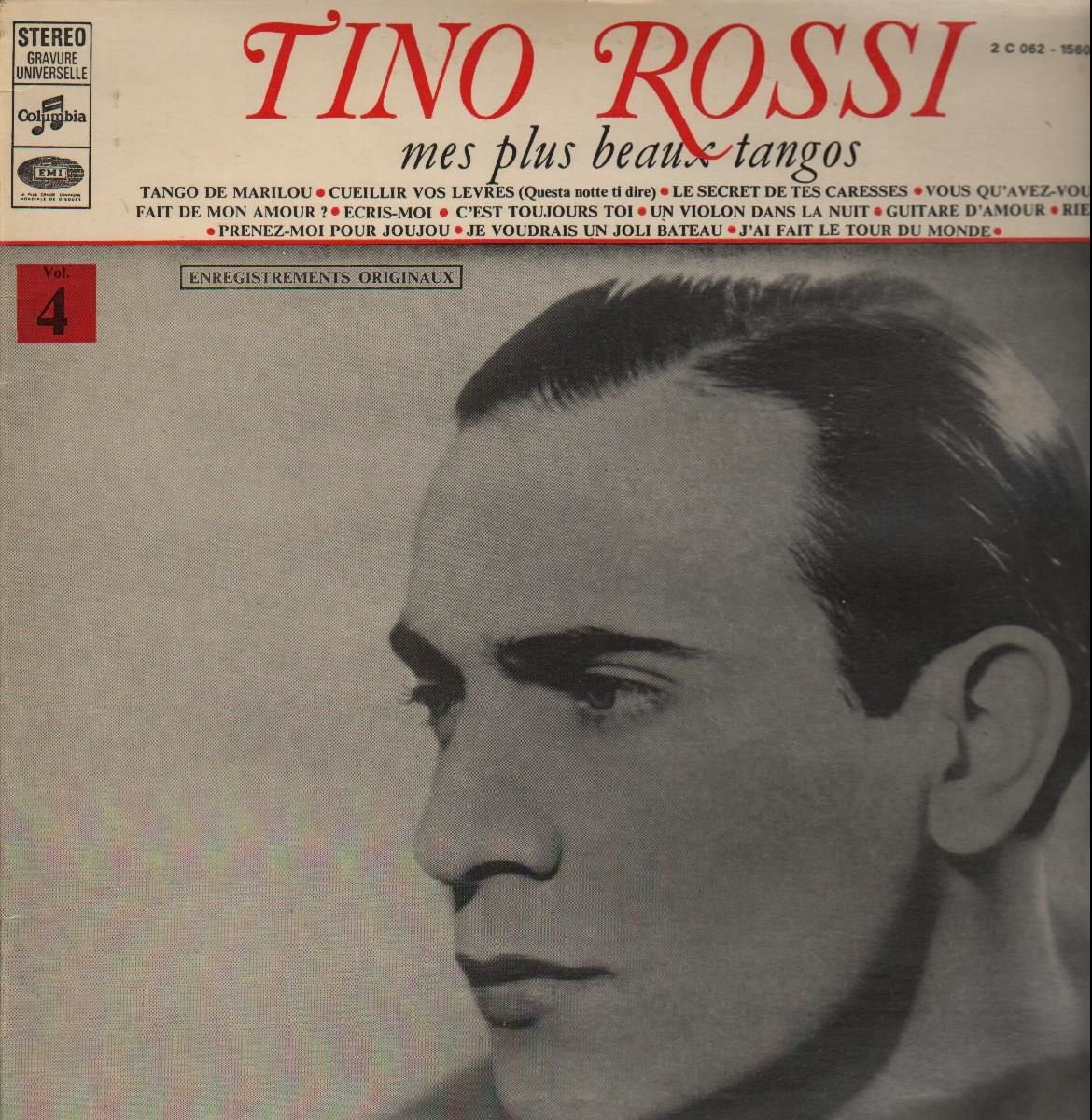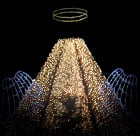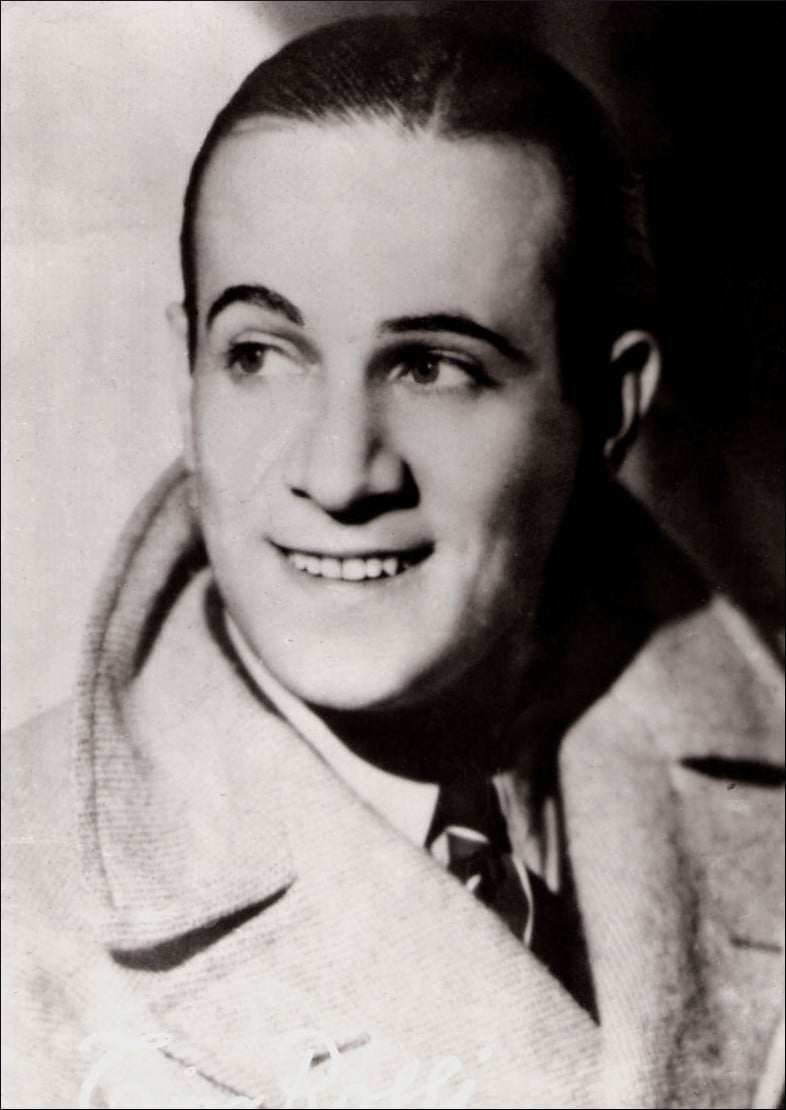
- Petit Papa Noël
- Released in: 2014
“Petit Papa Noël” is a song from 1946, but it has doubtlessly become the most famous French Christmas song, sung by every child during the holidays, even though it can appear to be somewhat old-fashioned now.

“Petit Papa Noël” is a song from 1946, but it has doubtlessly become the most famous French Christmas song, sung by every child during the holidays, even though it can appear to be somewhat old-fashioned now.

“Petit Papa Noël” only dates back to 1946, but it has doubtlessly become the most famous French Christmas song, still heartily sung by every child during the holidays, even though it can appear to be somewhat old-fashioned now. The lyrics were written by operetta librettist Raymond Vinci, with music by Henri Martinet, who was inspired by Ukrainian composer Dmitro Bortnianski. It was performed for the first time in 1946, on the first Christmas since the end of World War II, in the movie Destins by Richard Pottier. The performer was a highly popular Corsican singer and actor, Tino Rossi, and the song quickly became a great success. Many other artists from all over the world have since performed the song, including Céline Dion, Josh Groban, and Roberto Alagna, but Rossi’s version is by far the most popular one. It remains, after so many years, the best-selling record in France!
With a somewhat simple tune, which is very easy to memorize, the lyrics evoke children addressing Santa Claus before going to bed on Christmas Eve, “la belle nuit de Noël.” As children usually do, those featured in the song pray with uncomplicated and familiar words, calling Father Christmas by the name of “Petit Papa Noël” (Little Father Christmas or, more precisely, Little Daddy Christmas). They ask him to not forget to fill their “mon petit soulier” (little shoe) with presents, even when they admit to not having been nice everyday: “Je n'ai pas été tous les jours très sage, mais j'en demande pardon” (I have not been nice everyday, but I apologize for that). In particular, they ask Father Christmas to bring the “joujoux” they dreamt about and ordered from him, “joujoux” being an old-fashioned and childish term for “toys,” not very much in use anymore. The children, however, feel a little bit guilty about making a dear old man go out in the cold: “Dehors, tu vas avoir si froid, c’est un peu à cause de moi” (Outside, you will be so cold, it is a little because of me). Therefore, they recommend him to put on warm clothes before going on his journey: “Mais avant de partir, il faudra bien te couvrir.”

Such lyrics easily appeal to a large audience, whatever the age, and bring back memories familiar to all. Indeed, who has not tried, once, to catch Father Christmas’s attention, in order to make sure that he has received one’s orders and that he delivers the desired presents?
Lyrics:
C'est la belle nuit de Noël. La neige étend son manteau blanc. Et les yeux levés vers le ciel. A genoux, les petits enfants. Avant de fermer les paupières. Font une dernière prière. [Refrain:] Petit papa Noël. Quand tu descendras du ciel. Avec des jouets par milliers. N'oublie pas mon petit soulier. Mais avant de partir. Il faudra bien te couvrir. Dehors tu vas avoir si froid. C'est un peu à cause de moi. Le marchand de sable est passé. Les enfants vont faire dodo. Et tu vas pouvoir commencer. Avec ta hotte sur le dos. Au son des cloches des églises. Ta distribution de surprises. [Refrain] Il me tarde que le jour se lève. Pour voir si tu m'as apporté. Tous les beaux joujoux que je vois en rêve. Et que je t'ai commandés. [Refrain] Et quand tu seras sur ton beau nuage. Viens d'abord sur notre maison. Je n'ai pas été tous les jours très sage. Mais j'en demande pardon. [Refrain]